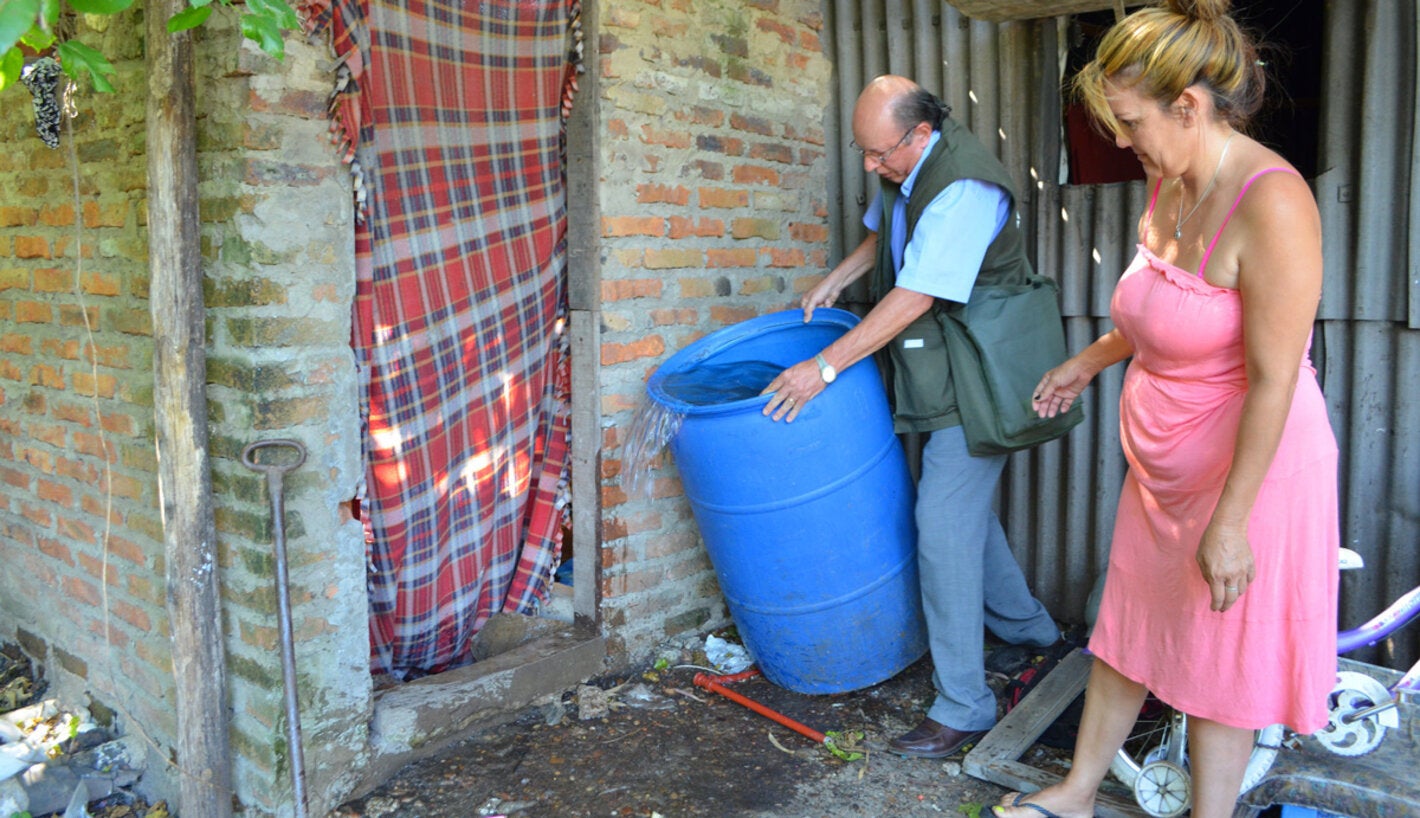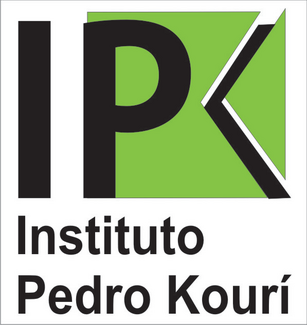
Institute of Tropical Medicine “Pedro Kourí”, Havana, Cuba
Under the auspices of:
Institute of Tropical Medicine “Pedro Kourí” (IPK)
Cuban Society of Microbiology and Parasitology (SCMP) Cuban Ministry of Public Health (MINSAP)
Pan American Health Organization/ World Health Organization (PAHO/WHO) Labiofam
Fundación Mundo Sano
Institute of Tropical Medicine, Amberes, Belgium
Zikalliance
Zikaplan
Neglected Tropical Disease Program, WHO
Aedes aegypti and Aedes albopictus geographical expansion preceded dengue emergence due to the impact of increasing urbanization of the human population and climatic, social and environmental changes. These conditions not only favored dengue expansion but also the emergence of chikungunya and Zika, as well as the re-emergence of yellow fever. The co-circulation of these arboviruses poses new challenges to global public health.
The PAHO/WHO Collaborating Center for the Study of Dengue and its Control of the Institute of Tropical Medicine “Pedro Kourí”/MINSAP, the Cuban Society of Microbiology and Parasitology, the Cuban Ministry of Public Health and PAHO/WHO announce the 16th International Course on Dengue, Zika and Other Emergent Arboviruses to be held on 12 – 23 August 2019. This activity is organized in the framework of the 500th Anniversary of the ¨Villa San Cristobal de la Habana¨.
During the two-week course, the regional and global epidemiological situation of important arboviruses will be updated. A prestigious faculty of professors from across the globe will present sessions and discussions on clinical management; vector control; scientific advances in pathogenesis, vaccines and antiviral development; new vector control tools; the influence of host genetics as well as the genetics of the vector and the viruses; emergency control; new international initiatives for arbovirus control and prevention; among other interesting and important topics.
Objective
That medical doctors, virologists, immunologists, social scientists, epidemiologists and entomologists, among others, receive the latest scientific information and have an opportunity to discuss relevant topics on dengue, Zika, chikungunya, and the situation of arboviruses in general.
Temáticas del curso
A través de conferencias, mesas redondas, simposios y actividades prácticas, se cubrirán los principales aspectos relacionados con el Dengue, Zika, Chikungunya y Fiebre amarilla.
Topics
The following topics will be covered through lectures, roundtable discussions, seminars, topic-specific symposia, and practical activities:
- Global situation: Dengue, Zika, Chikungunya and Yellow fever
- Situation in the Region of the Americas: Dengue, Zika, Chikungunya and Yellow fever – Where are we today?
- Current and future challenges: International initiatives
- Integrated Management Strategy for Arboviral Diseases
- Integrated surveillance
- Integrated Vector Management
- Clinical picture and pathology. Case definitions. Differential diagnosis. Clinical management
- Genome and viral structure. Replication and viral evolution (flavivirus, alphavirus)
- Zika in pregnant woman
- Zika sexual transmission
- Neurological disorders associated with dengue, Zika and chikungunya
- Chronic chikungunya: What do we know?
- Serological and molecular diagnostics. Challenges of laboratory surveillance for arboviruses
- Immune response
- Host genetic factors and dengue and Zika severity
- Pathogenesis. Role of immune-enhancement in dengue and Zika
- Flavivirus NS1 protein
- Vaccine and antiviral advances
- Aedes aegypti ecology. Vector competence
- Vector dynamics in arbovirus transmission
- Chemical and biological methods for vector control
- New tools and strategies for vector control
- Sterile insect technique: Experiences in the Region of the Americas
- Mechanisms of insecticide resistance
- Virus-mosquito interaction
- Social and community aspects of arbovirus transmission and control
- Mathematical models for transmission of dengue and other arboviruses study. Prediction models
- Ecobiosocial approach for arbovirus control and prevention
- Role of the community in vector control
- Health economics and control of Aedes aegypti transmitted diseases
- Planning for emergency situations
- Climate change and transmission of arboviruses
- Research priorities

